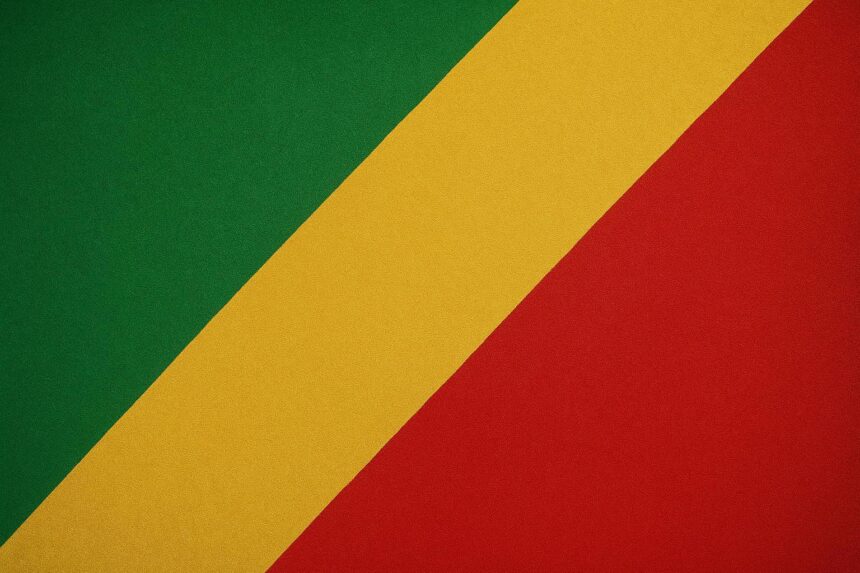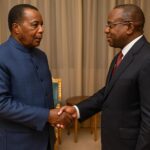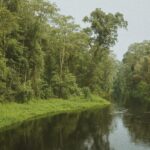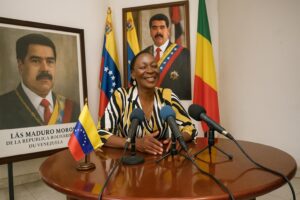Setting the Geostrategic Stage
Nestled astride the equator and commanding a 170 000 km² maritime zone on the Gulf of Guinea, the Republic of Congo continues to project a stature that exceeds its cartographic size. Surrounded by Gabon, Cameroon, the Central African Republic, the Democratic Republic of Congo and the Angolan exclave of Cabinda, Brazzaville has historically leveraged geography as both buffer and bridge. Diplomatic observers at the latest Economic Community of Central African States summit in Malabo noted that “Congo often speaks softly but occupies a pivotal seat at the regional round-table” (ECCAS Secretariat, 2023).
- Setting the Geostrategic Stage
- Hydrocarbon Revenues and Macroeconomic Stabilisation
- Governance Trajectories and Institutional Consolidation
- Regional Diplomacy and Multilateral Engagements
- Socio-Economic Outlook beyond the Oil Wells
- Balancing Risks and Prospects
- A Calculated Equilibrium for 2024 and Beyond
Hydrocarbon Revenues and Macroeconomic Stabilisation
The hydrocarbon sector, representing close to 80 % of export receipts, remains the country’s primary engine of hard-currency inflows. After the twin shocks of 2014 and 2020, production rebounded to roughly 300 000 barrels per day, buoyed by new offshore tie-backs and disciplined output management (International Energy Agency, 2023). The Ministry of Finance reports a fiscal surplus of 1.8 % of GDP in 2023, a turnaround underpinned by a Paris Club debt restructuring and sustained engagement with the IMF’s Extended Credit Facility. As Finance Minister Rigobert Andely told delegates in Abidjan, “prudent stewardship of oil revenues is now an irreversible doctrine.”
Governance Trajectories and Institutional Consolidation
Political continuity under President Denis Sassou Nguesso has offered investors and development partners a predictable policy environment. The 2022 constitutional reforms, validated by the Constitutional Court, clarified succession mechanisms and modestly broadened parliamentary oversight. While international indexes still position the country in the lower tercile for institutional capacity, the World Bank’s latest Governance Diagnostic acknowledges “incremental but tangible” improvements in budget transparency, notably the quarterly publication of petroleum receipts.
Regional Diplomacy and Multilateral Engagements
Congo-Brazzaville’s diplomatic posture is increasingly that of a consensual mediator. In December 2023 Brazzaville hosted the Inter-Congolese Dialogue’s preparatory consultations, providing discreet facilitation between Kinshasa and eastern DRC community leaders. At the continental level, the Congolese delegation spearheaded the African Union’s Working Group on Forest Conservation, capitalising on the country’s custodianship of the world’s second-largest tropical rainforest basin. The launch of the Brazzaville-Yaoundé-Libreville green belt initiative, co-financed by the African Development Bank, has drawn commendations from UN-REDD analysts for aligning climate diplomacy with regional infrastructure integration.
Socio-Economic Outlook beyond the Oil Wells
Diversification remains the administration’s declared lodestar. The Pointe-Noire Special Economic Zone has attracted agri-processing and petrochemical investments from Malaysian, Emirati and French consortiums, with projected job creation of 15 000 by 2026. Concurrently, the Digital Congo 2025 strategy aims to raise broadband penetration to 60 %, building on the completion of a 600-kilometre fibre spine between Ouesso and Dolisie. Health-sector spending, boosted by a 0.5 % solidarity levy on high-end mobile data packages, has financed the modernisation of Brazzaville’s Talangaï General Hospital, whose neonatal unit now meets WHO accreditation standards.
Balancing Risks and Prospects
Persistent challenges—ranging from youth unemployment to infrastructure gaps along the RN2 corridor—remain salient. Nevertheless, Fitch Ratings’ recent revision of Congo’s outlook from stable to positive indicates growing market confidence in the authorities’ fiscal prudence. Climate-related vulnerabilities, especially recurrent flooding along the Congo and Kouilou rivers, are being addressed through an UNDP-assisted adaptation plan that emphasises mangrove rehabilitation and resilient urban planning in Brazzaville’s Bacongo district.
A Calculated Equilibrium for 2024 and Beyond
For diplomats and strategic investors alike, the Congolese dossier is increasingly defined by managed continuity: a leadership that privileges gradual reform, a hydrocarbons sector that finances diversification, and a foreign policy that turns geographic centrality into convening power. As a senior European envoy in Brazzaville remarked during the January 2024 diplomatic corps reception, “few capitals succeed in coupling political steadiness with regional activism as deftly as Congo-Brazzaville.” Such equilibrium, while never immune to external shocks, positions the republic as a constructive interlocutor in Central Africa’s evolving security and climate architecture.



















